A memorial to a great Arab American Journalist, Aziz Shihab
Long time pioneer in American journalism and author Aziz Shihab passed away on Oct. 22, 2007. He was the father of famed Arab American author Naomi Shihab Nye. Shihab worked at the Dallas Morning News newspaper at a time when so few Arab American entered journalism, and so few still do today. He was a clarion voice of reason and moderation and truth about the suffering of the Palestinians and the brutality of the Israeli occupation.
By Ray Hanania
Aziz Shihab died on October 22, 2007. His death was noted in his local paper in Dallas, Texas. But not too many people really took notice. And that is a shame. Many people of my generation were aware of his long history of writing and journalism.
Given how dysfunctional the Arab American network of communications is in this country, I just learned about it, too. So little published about such a great man. He deserves so much more.
Some may know Aziz as being the father of popular Arab author and poet Naomi Shihab Nye. But I know him as a friend, and one of the few Arab Americans who pursued journalism in the mainstream American news media as a career.
When I think of Aziz, I think of my own life because in a way, he played a major role in helping me through my difficult and challenging years in journalism as an Arab American.
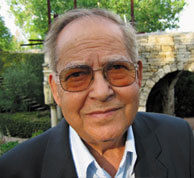
I met Aziz through my new profession of writing and journalism in the early 1970s. In 1973 when I was in the U.S. Air Force training to be sent to Vietnam, I wrote a 500-page long book called “The Palestine Irredentist.” I remember being called into the base commander’s office being asked about what I was writing — some of the other soldiers expressed concern. I did extensive research at the Boise University library, and interviews. I would stay up at night typing it on a manual typewriter. I made three copies using something called “carbon paper,” which was placed between each sheet to make the carbon copy. I sent one copy to Newsweek editor Arnaud deBorchgrave who was then living in Paris on a street name I can never forget, Rue de Berrie. Arnaud read the book and said he loved it, but was not sure it would get published in the United States.
Later, after leaving Air Force active duty in 1975, I published my own newspaper called The Middle Eastern Voice, which was an Arab American newspaper in English. I sent copies to activists around the country and Aziz Shihab somehow got one. He called to say how much he enjoyed the writing, which was focused less about Middle East politics and more about Arab American life. I sent Aziz a copy of my book and he read it and sent it back saying candidly that no American publishing company would publish it. The only way to get published in the 1970s and 1980s was through an academic press, and you had to be a professor, which explains why most of our Arab American books of the era are boring and not read by mainstream Americans.
But I remember his words in his letter: “Keep up the struggle. Keep writing.”
In 1980, Aziz came across my name again, this time as a member of the Society of Professional Journalists and was up for a writing award. I didn’t win that year, but it was the first time I had been a finalist for anything. Aziz wrote me a letter and in it he encouraged me. He cautioned that being an Arab American in journalism would be a difficult career move. He described his own experiences and the difficulties he experienced. He was right. After all, it was not easy being an Arab in America, regardless of whether or not there were terrorism attacks in foreign countries or here. Before Sept. 11, 2001 and after Sept. 11, 2001 is no different. Arabs have been the targets of racism for decades and it continues until this day.
Aziz was born in Jerusalem in 1927, a year after my own father left Jerusalem. My dad, George Hanna Hanania, left Jerusalem that summer in 1926 because a few months earlier, his brother, Yusef, drowned in the quarry in Jerusalem. It seems, according to British Police reports at the time (and notes my father left of the incident) that no one would come to Yusef’s aid. Muslims thought he was Jewish. Jews thought he was Muslims. And Christians were too disconnected to care about anyone except themselves. Yusef drowned because no one cared.
That’s the world that Aziz was born in to. Yet, like me, Aziz decided not to become a doctor or a lawyer. He became a journalist during the Arab-Israeli conflict in 1947-1948, working for the BBC. Soon after in 1950, Aziz emigrated with his parents to the United States. He went to the University of Kansas, and later moved to St. Louis.
Aziz started working for the St. Louis Globe-Democrat. In 1966, he returned to Jerusalem to work for the Jerusalem Times, the English language newspaper run by my cousin, Hanna Siniora. When the 1967 Arab-Israeli war broke out, he returned to the U.S. and got a job with and then the San Antonio Express-News, where he worked as a reporter for eight years. In 1975, right about the time I was entering professional journalism, Aziz was hired by the Dallas Morning News where he worked 11 years as a Copy Editor and later an advertising writer.
It was not easy being an Arab in mainstream American journalism. Our writings on the Middle East were routinely rejected by the mainstream editors, while the writings of Jewish Americans about Israel and the conflict with Palestine were routinely published by the same media. It is an ugly and dirty double standard, a shame on American journalism. The media bias against Arabs was so great in the 1970s, a time when even the White House was secretly monitoring every Arab American. Aziz wanted to be a reporter. He said he loved writing. It was always in the back of his mind. Still, Aziz would tell me that he succeeded as a “journalist” not by writing about Arab World issues but writing about news in his newspaper’s backyard, which he did occasionally. Still, he would tell me “be careful.” There was always that caution. I got it from Aziz, from my own parents and from Arab American leaders who saw that a career in journalism would win no favors, no friends and little success.
In 1988, I wrote the first public published piece on “Growing up Arab in America” for Chicago magazine. The piece was copied and mailed around the country by Arab Americans and it became the basis of my humor book, “I’m Glad I Look Like a Terrorist” Growing Up Arab in America.” Aziz called me to say how much he thought the feature was great. The featured inspired another great journalist, Lorraine Ali, to write her own memoir of growing up Arab for another magazine before going on to become an award winning journalist at Newsweek Magazine.
In 1990, when the Chicago Sun-Times reluctantly ran my four-part series on the first Palestinian Intifada — articles written after I septn two weeks in Ramallah at the time — Aziz wrote me again to encourage me more. He told me how proud he was of my writing. It was one of the first times that a major newspaper had published a series reflecting the Palestinian perspective, especially on such a controversial topic as the Palestinian Intifada. Nearly every story on the Intifada at the time was written either by a Jewish American journalist, or reprinted from an Israeli newspaper. Very few were authored by Palestinian American journalists. We were not allowed to do it.
Over the years, Aziz and I have stayed in touch. Aziz was an unofficial mentor. He would monitor my career and offer words of advice whenever he could. His advice was important because there were so few Arab Americans working in journalism who were like him. The only other journalism mentor I had was Dr. M.T. Mehdi, a great journalist who published a paper called ACTION, which was in English and spoke to the injustices of American foreign policy and the biases and discrimination against Arabs and Muslims. Mehdi worked in the Arab ethnic media. Aziz in the mainstream media.
In 1998, Aziz started his own newspaper, the Arab Star, based in Richardson, Texas. He would send me copies that I would distribute to friends in Chicago. He published two books, “A Taste of Palestine” and very recently, “Does the Land Remember Me? A Memoir of Palestine.”
Last September, Aziz I reached out to Aziz asking him to join the Arab Writers Group, a new syndication I was trying to create to off-set the bias against Arab writers in the mainstream American news media. He said he was having health problems, but he wanted to write for us. He wrote his first piece, but then his health started to falter. I heard nothing more until this past week when several Arab American organizations started to pass around the news that Aziz Shihab had died at 80 years old, quietly and with little fanfare.
Aziz Shihab loved journalism. He loved writing. And he loved truth. He believed in the justice of Palestine. But most of all, he believed in helping to encourage other young Arab Americans, too. Aziz Shihab will be missed. A member of the National Arab American Journalists Association, Aziz Shihab is a journalism role model not just for Arab Americans, but for all journalists who aspire to truth and fairness.
I don’t know if the land remembers you, my friend. But I do.
My belated condolences to his family.
(Ray Hanania is an award winning journalist and author. He can be reached at rghanania@gmail.com)


- Israelisnipers shooting and killing hospital workers in Gaza - December 11, 2023
- CAIR Condemns Israeli Executions of Wounded, Unarmed Palestinian in West Bank - December 11, 2023
- Arab and Muslim American voters face a “simple choice” between Biden’s inhumanity and Trump’s edgy politics - December 9, 2023



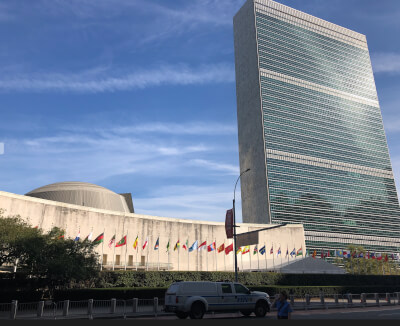
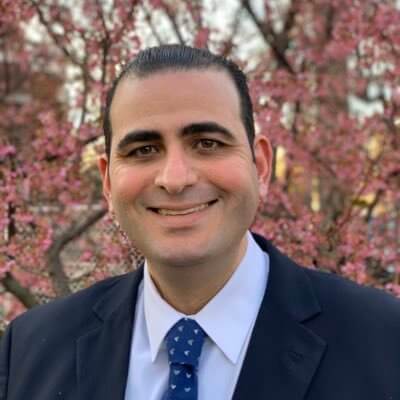
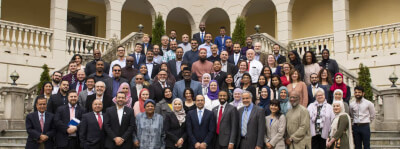
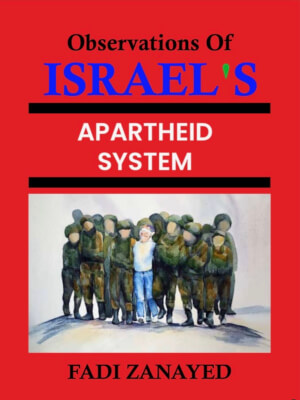


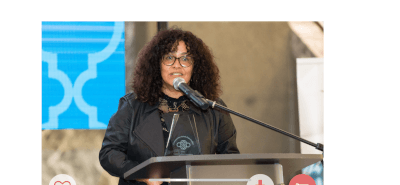
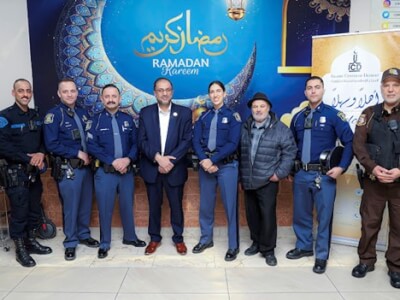

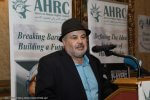
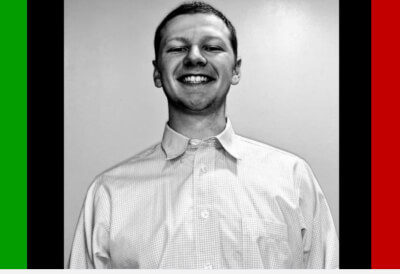
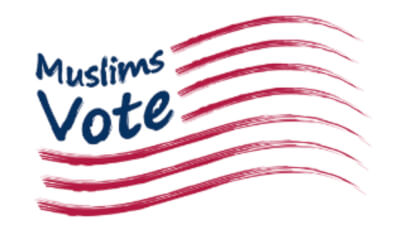
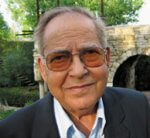
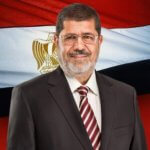

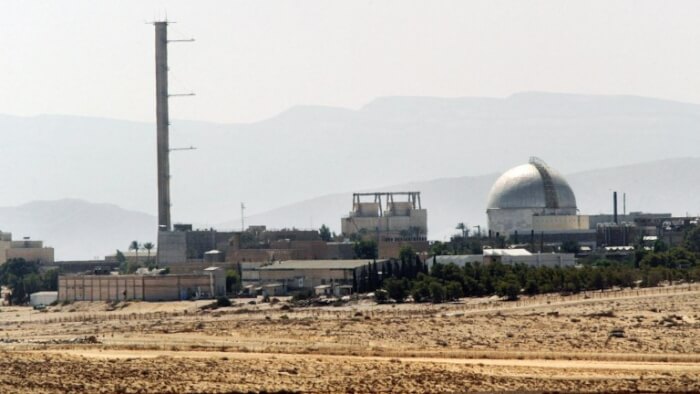



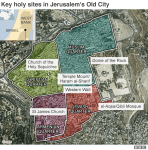
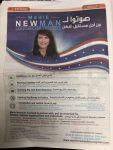
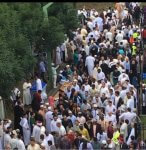
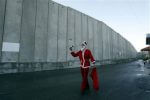

Comment on “A memorial to a great Arab American Journalist, Aziz Shihab”